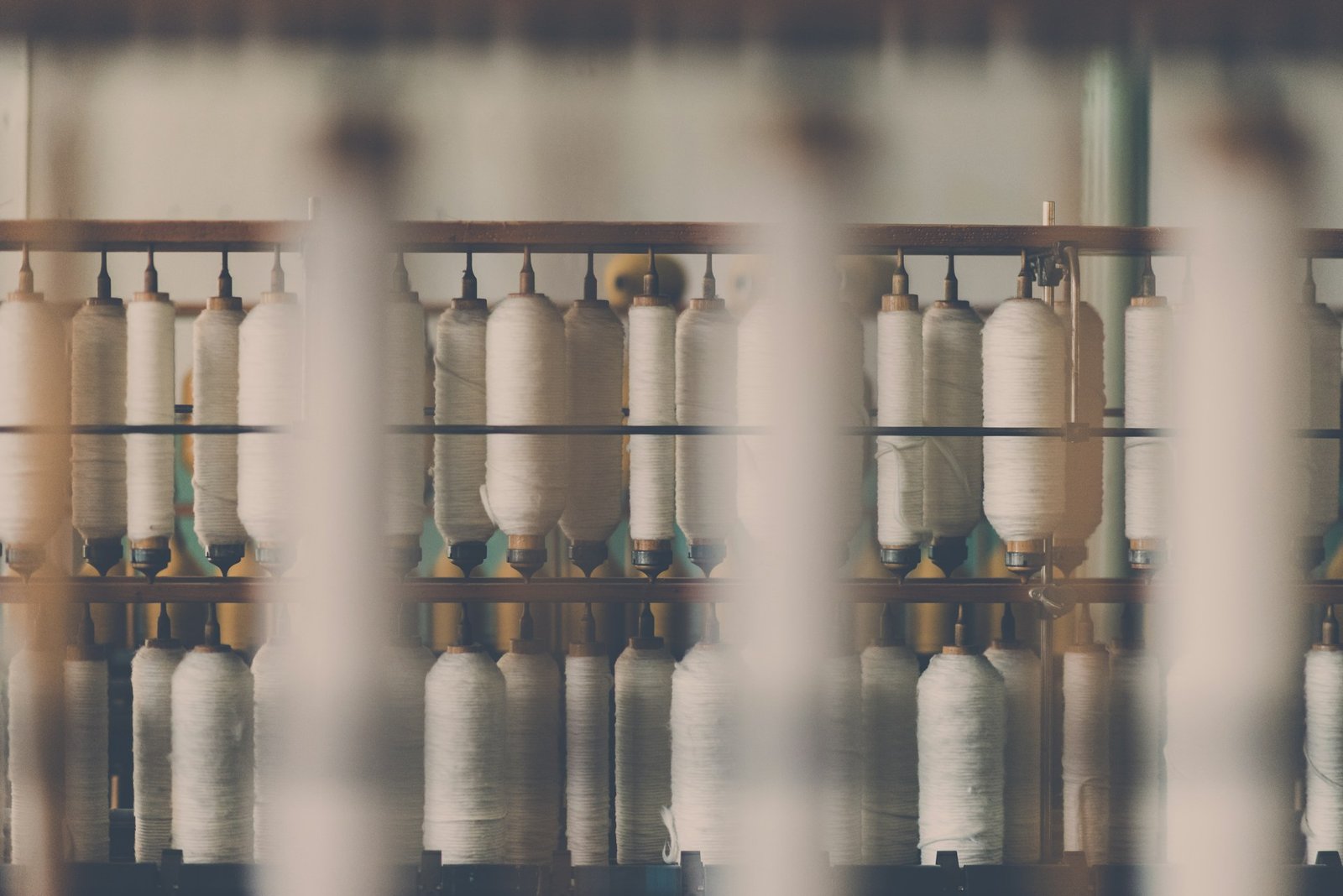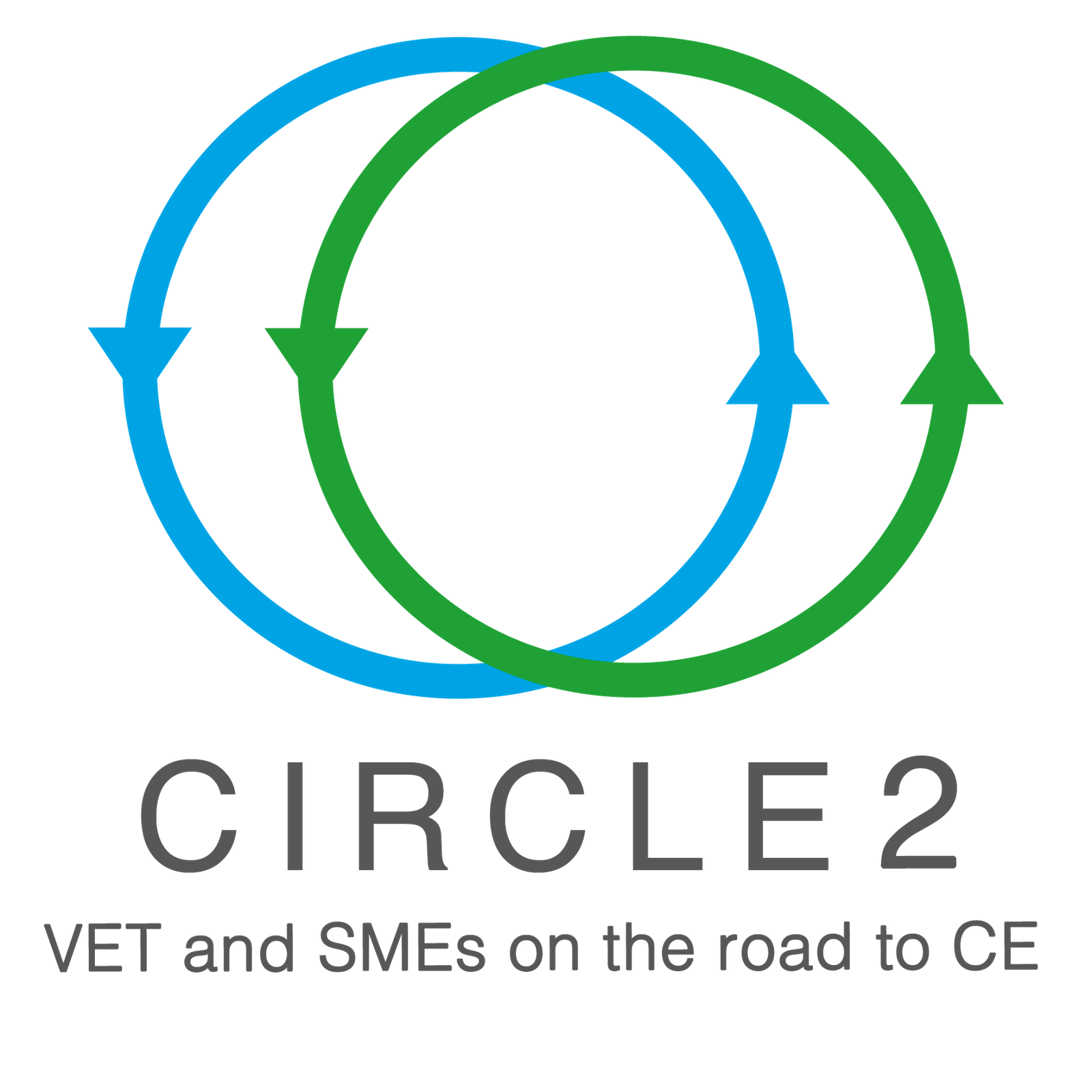
Photo by Janko Ferlič on Unsplash
EVRNU: Revolutionizing Fashion with Circular Textile Recycling
The fashion industry has long been criticized for its environmental impact, with clothing often ending up in landfills or being shipped overseas rather than being recycled. But, one company is aiming to change this: EVRNU, a textile innovations B Corporation, is working to create a more sustainable future for fashion by developing a circular, recycled cotton fiber called Nucycl.
EVRNU’s CEO and co-founder, Stacy Flynn, is at the forefront of this movement. She points out that current textile recycling efforts have been largely unsuccessful. Instead of a linear “take-make-waste” approach, EVRNU is focusing on creating a circular system where discarded textiles are given a new life.
Nucycl: A New Life for Old Cotton
Nucycl is a biodegradable material made from recycled cotton. What makes Nucycl special is that it can be engineered for a variety of uses. From comfortable intimate apparel to durable waterproof outdoor gear, Nucycl’s versatility is a huge step forward for sustainable textiles.
Bold Goals for a Sustainable Fashion Future
EVRNU isn’t just creating a new material; they’re setting ambitious goals for the fashion industry. The company aims to make all textiles recyclable by 2030 and achieve a net-neutral fashion industry by 2050. These are bold targets that would require a significant shift in how the fashion industry operates, and EVRNU is taking a leadership role to get there.
Encouraging a Shift in Consumer Behavior
The rise of fast fashion has led to a culture of disposable clothing, with many people wearing items only a few times. Flynn highlights the importance of changing this mindset. Clothing should be seen as something that can last and become a part of one’s identity, rather than a temporary item. By creating durable clothing and celebrating brands that prioritize quality and longevity, we can move towards a more sustainable approach to fashion.
Why EVRNU Matters
The company’s work is significant because it addresses the core issues of textile waste and resource depletion. By recycling cotton garment waste into new, premium fibers, they reduce the need for virgin resources and minimize the environmental consequences of the fashion industry. This innovative approach shows that it’s possible to create economically viable solutions that are also environmentally responsible.
The Takeaway
EVRNU is demonstrating that a circular fashion industry is possible. By adopting technologies like Nucycl and encouraging a change in consumer behavior, the industry can move towards a more sustainable future. Companies like EVRNU are crucial in creating a movement for sustainable clothing and textiles.
